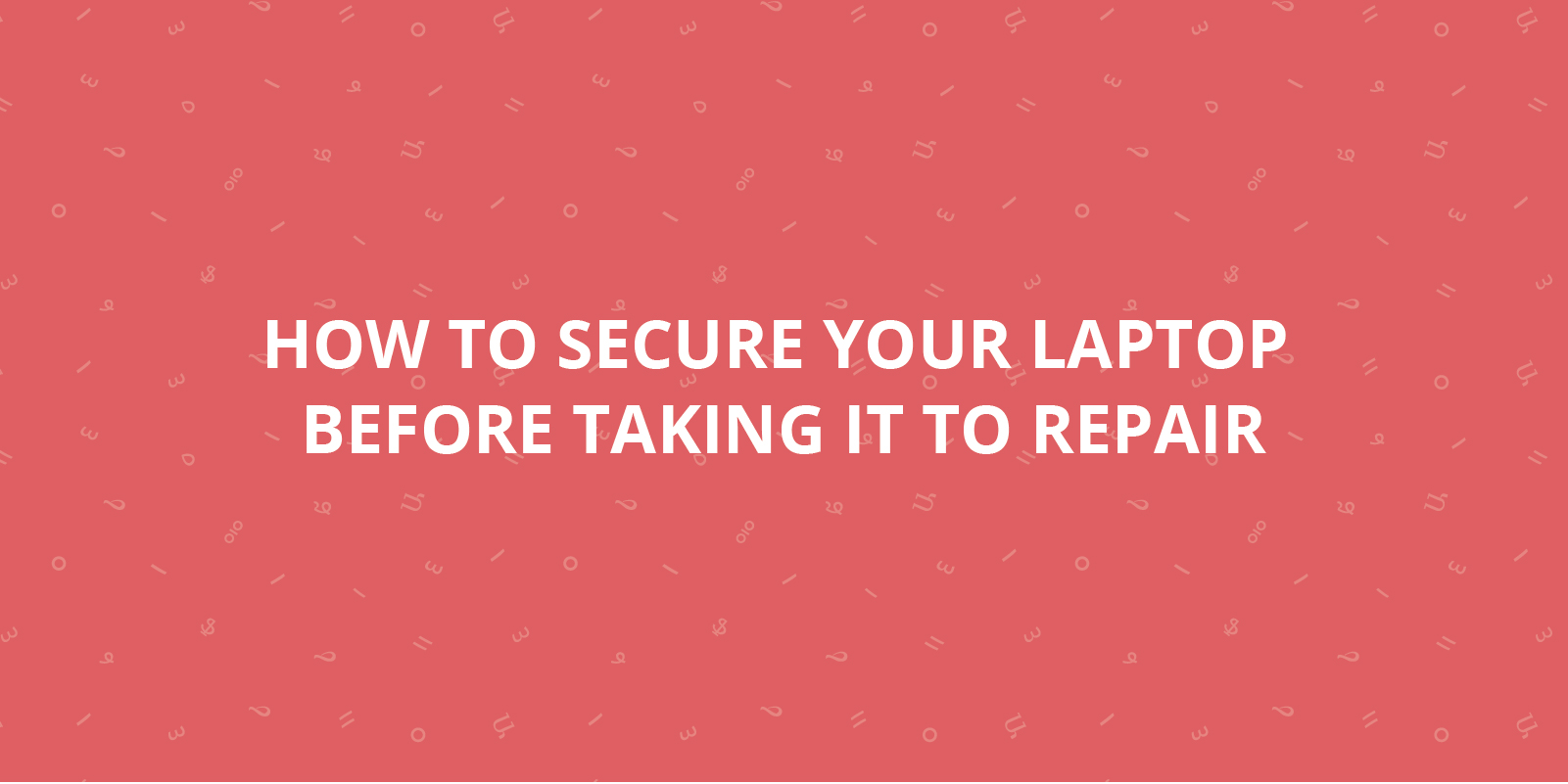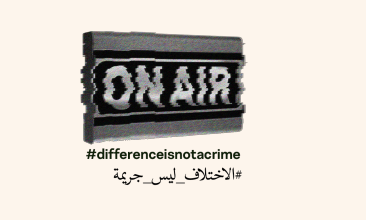Let’s say your computer broke down and you need to send it to a repairman. Is it safe to just hand it in without being certain what content exactly remains in it? The obvious answer is no. Of course, it is always better to send your computer to a trusted repair shop. An ill-intentioned repairman may not only discover private information but also install malware or spying tools.
In all cases, it is best to take some precautions to protect your secrecy.
Depending on your settings, your browser typically safeguards the URL links to all the websites you visit. Also, the documents, photos and videos that you create or download can still be restored even if you erase them. The basic delete function does not remove content permanently.
A Lebanese LGBTI activist said that his organization has recorded several cases of blackmail of LGBTI persons who gave their computers or laptops to repair shops. He said that what typically happens is that an IT savvy repairman finds content (photos, documents, web history) that reveals the sexuality of the owner of the computer then asks for money or favors to keep this information secret.
To prevent being outed against your will through telling files on your computer, there are a number of steps you can follow on a regular basis to make sure to hide any private content or browsing history from prying eyes.
Private Browsing
The first thing, you should do, is erase your browser’s history in case you visited LGBTI-related sites or other private sites. Every browser, whether it’s Safari, Google Chrome, Firefox or others has a History tab in its menu that allows you to either erase your browser’s entire history of visited websites or selectively erase some websites in particular.
Most browsers even allow you to clear the browsing data of the last hour, day, week, month or since you started using the browser. You can also choose to erase download history, cached images and files, cookies and other browsing data. It is advisable to clear the browsing history every time you use a shared computer or if you are using a computer in a Cyber coffee shop.
In order to surf the Internet without leaving traces in the first place you can use private windows (or incognito windows on Chrome). Your browser will not remember any website you open in these windows. In Chrome and Firefox, you can open these types of windows under the File tab. In Safari, you can choose the option of private browsing under the Safari tab in the main menu.
Another advantage of private browsing is that the browser then doesn’t store your search history, which can be very important in case you don’t want others to know what words you looked for on Google or other search engines.
Deleting Securely
In addition to hiding your browsing and search history, you should be careful to permanently erase any files and photos you don’t want to keep on your computer so that nobody will be able to retrieve them.
When you delete a file, it’s not completely removed from your hard drive memory. What happens is that the space on which the deleted file existed becomes available for new files to be eventually placed in that space. But before this happens, IT savvy users can resort to special software programs that allow them to retrieve deleted files.
On Mac computers, you can permanently delete files from your trash bin without leaving any traces. For this, click on the trash bin and the command key at the same time for the secure empty trash option. This will only erase the current content of the trash bin securely. You can set this as default option so that your trash is always securely deleted. But that might be a risky option, in case you deleted a file by mistake.
Another more thorough option is to choose the Erase Free Space option that you find in the Disk Utility application. Click the Erase tab and then choose “Erase free space” which permanently and securely erases all the free space on your computer.
For Windows users, a number of open source programs give you several options to safely and permanently erase files from your computers. One of them is BleachBit, You can download it for free and it allows you to quickly free your disk space securely and guard your privacy. An alternative, also free but not open source, is CCleaner.
Logging out
Before you take your computer anywhere, make sure to remove any saved password by the browser and to sign off or log out, regularly, from your email, Facebook, Skype accounts etc. Otherwise, these accounts can still be accessible, either through recovery of the remembered passwords or reopening of the old sessions (you didn’t sign out).
Also, in case you use an email client, an application on your computer that downloads all emails locally, don’t forget to remove any private email that you don’t want others to read.





